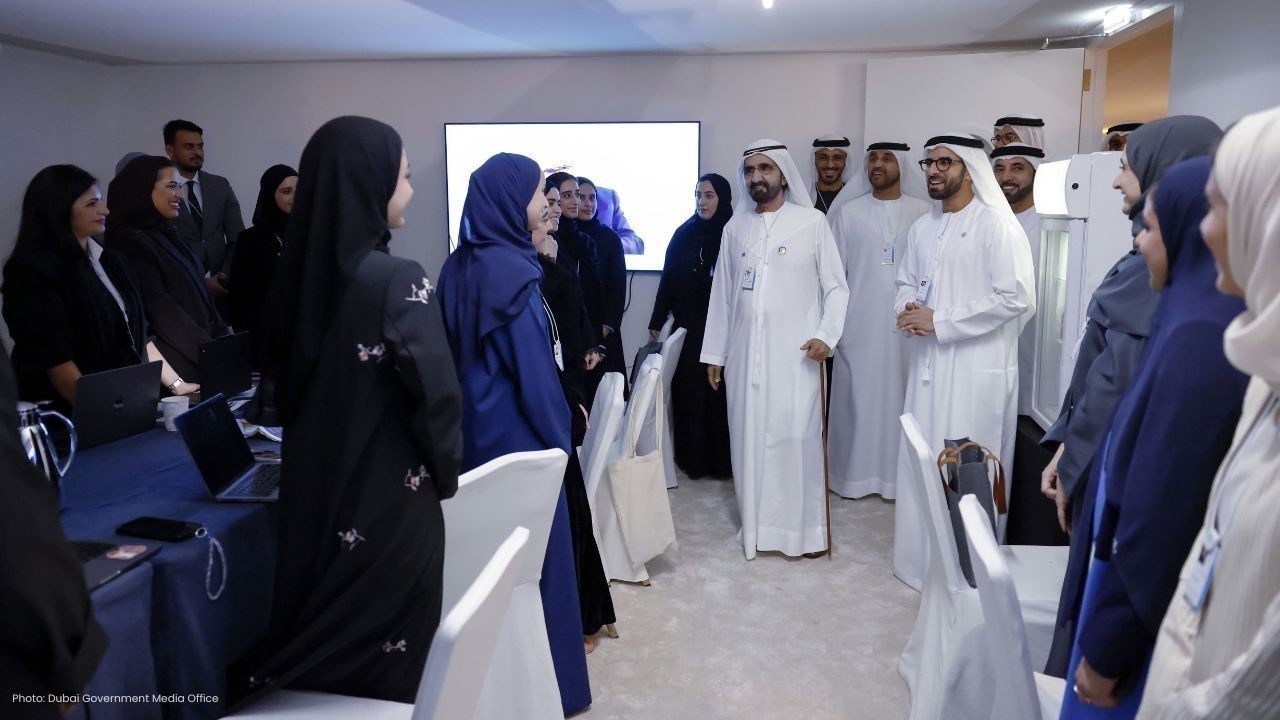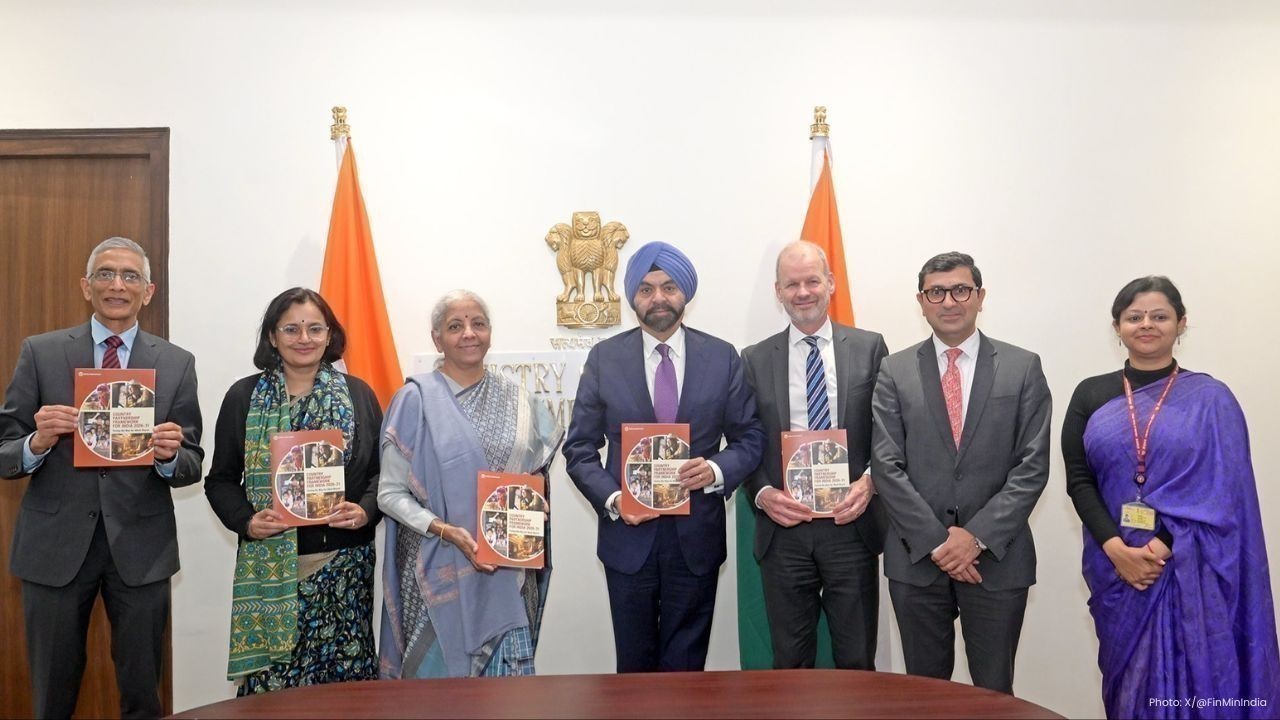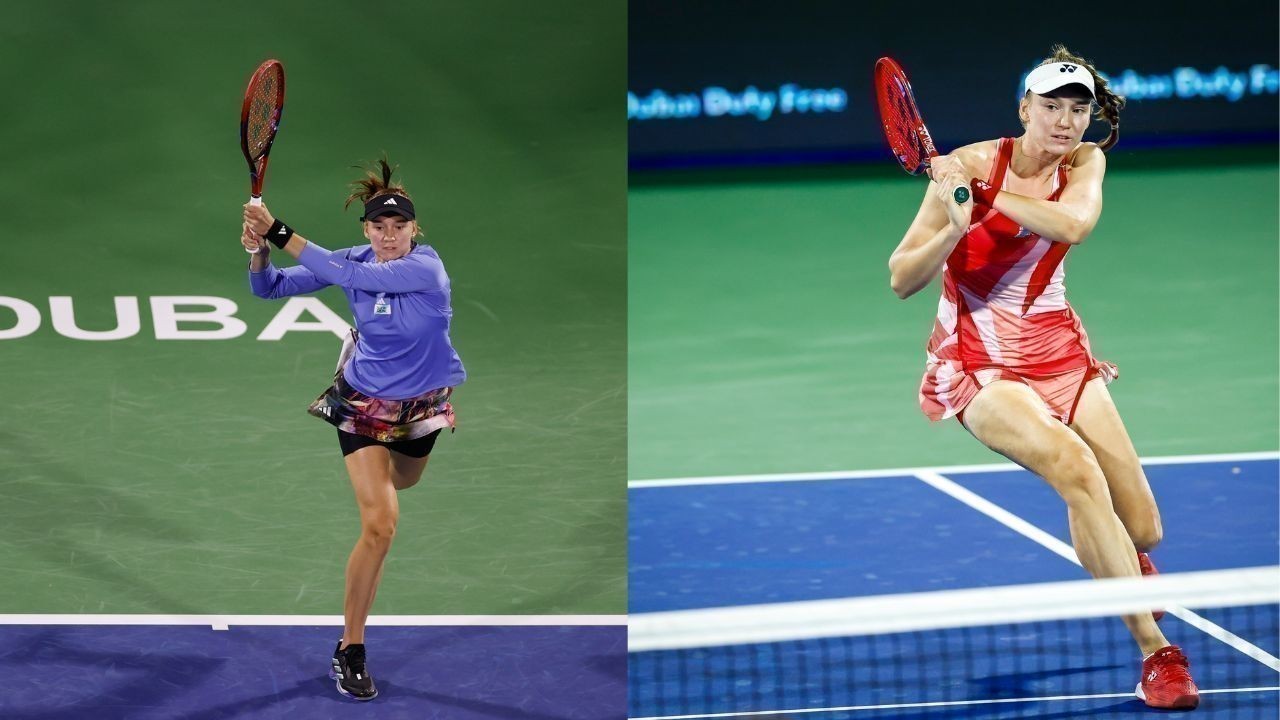
Post by : Michael Darzi
In today’s world, people and cultures are connected more than ever before. Music, fashion, food, and festivals can travel across countries in seconds. A style from one continent can become a trend on another, and traditional festivals can be shared online for everyone to see. This cultural exchange is exciting and allows us to enjoy the richness of the world, but it also raises an important question: when does enjoying or adopting another culture become disrespectful? Understanding the difference between cultural appreciation and cultural appropriation is very important for creating respect and harmony in our diverse world.
Cultural appropriation happens when someone takes parts of a culture that is not their own—like clothing, hairstyles, music, language, or traditions—without understanding the meaning behind them. Usually, it involves a power imbalance, where people from more dominant communities take from minority or historically marginalized groups without respecting their culture.
For example, wearing Native American headdresses at a music festival just as a fashion statement, or using sacred religious symbols as decorations or tattoos, is considered cultural appropriation. These actions turn meaningful cultural symbols into objects for personal use, ignoring their history and importance. Even if the person does not intend to offend, the effect can still be disrespectful and hurt the original community.
The main points about cultural appropriation are ignoring the context, making cultural elements seem unimportant, and benefiting personally while the original culture receives no credit or recognition.
Cultural appreciation, in contrast, is about learning, understanding, and respecting another culture. It is not just about wearing or using things from another culture—it’s about knowing their history, meaning, and importance. Appreciation encourages curiosity and connection, rather than taking advantage or disrespecting.
For example, attending a Japanese tea ceremony while following its traditions, learning a traditional dance and giving credit to its origins, or wearing cultural clothing in a respectful and informed way are examples of appreciation. These actions show respect, understanding, and genuine interest in the culture.
The line between appropriation and appreciation can be very subtle, but these points help distinguish them:
Intent vs Impact: Even good intentions cannot excuse harm. The impact on the culture matters more than what you meant.
Acknowledgment: Give credit and mention the culture you are learning from. Respect and recognition are important.
Context: Some cultural elements are sacred or meant for special occasions. Using them casually or wrongly can be disrespectful.
Education: Learn about the history, struggles, and importance of a culture before practicing or wearing its traditions.
Mutual Benefit: Appreciation encourages learning and sharing, while appropriation can take from a culture without giving back or respecting it.
Cultural appropriation is not just a mistake—it can create harmful stereotypes, erase history, and harm communities. Using traditional clothing, rituals, or symbols without understanding them can continue unfair treatment of those cultures. On the other hand, cultural appreciation helps people connect, understand, and celebrate diversity respectfully.
In today’s world, social media spreads cultural trends instantly, and global travel exposes people to many traditions. This makes it more important than ever to be aware of how we interact with cultures. Being sensitive helps us enjoy other cultures without causing harm.
Here are some practical steps to respect other cultures:
Learn First: Research and understand the meaning behind cultural practices, clothing, or symbols.
Ask for Guidance: If unsure, consult someone from that culture. This shows respect.
Avoid Stereotypes: Don’t reduce a culture to clichés or simplified ideas. Appreciate its depth.
Give Credit: Acknowledge the origin of cultural practices when sharing or using them.
Be Open to Feedback: If someone from that culture expresses concern, listen carefully and adjust your actions. Respect their opinion.
The difference between cultural appropriation and appreciation may seem small, but it is very important. Appreciation means learning, respecting, and celebrating cultures in a meaningful way. Appropriation often shows ignorance or carelessness. By educating ourselves, acknowledging origins, and acting respectfully, we can make cultural exchange a positive and enriching experience for everyone.
Cultural appreciation opens doors to curiosity, understanding, and friendship. It allows us to enjoy the beauty of global traditions without hurting the people who created them. Appropriation, however, takes away the value of these traditions. Being aware, informed, and respectful is the key to celebrating diversity in a fair and meaningful way.
The views expressed in this article are for educational purposes and aim to raise awareness about cultural sensitivity. DXB News Network encourages readers to explore and celebrate global cultures respectfully and responsibly.

Thousands March in Caracas, Demand Maduro’s Release
Thousands of Maduro supporters marched in Caracas, one month after a deadly US raid ousted him, dema

Sheikh Mohammed Visits WGS 2026 Media, Cybersecurity Centres
Sheikh Mohammed visited the WGS 2026 media and cybersecurity centres in Dubai, highlighting media’s

Sitharaman Meets World Bank President Ajay Banga on Viksit Bharat Plan
Finance Minister Nirmala Sitharaman met World Bank President Ajay Banga to discuss the new Country P

PM Shehbaz Meets WBG President Ajay Banga to Boost Pakistan Reforms
PM Shehbaz Sharif meets World Bank President Ajay Banga, discussing economic reforms, development pr

Italy’s Unemployment Hits Record Low of 5.6% in December
Italy’s unemployment fell to a historic 5.6% in December, the lowest since 2004, with employment at

Australian Open Champ Rybakina Headlines Dubai Tennis Elite Field
Fresh from her Australian Open triumph, Elena Rybakina returns to Dubai as a resident and WTA 1000 c

Deloitte Champions Enterprise & Public Sector Innovation at Web Summit Qatar
Deloitte leads masterclasses on in-country cloud, AI, and tech governance at Web Summit Qatar 2026,

Why Drinking Soaked Chia Seeds Water With Lemon and Honey Before Breakfast Matters
Drinking soaked chia seeds water with lemon and honey before breakfast may support digestion hydrati

Morning Walk vs Evening Walk: Which Helps You Lose More Weight?
Morning or evening walk Learn how both help with weight loss and which walking time suits your body

What Really Happens When You Drink Lemon Turmeric Water Daily
Discover what happens to your body when you drink lemon turmeric water daily including digestion imm

DXB News Network Presents “Ctrl+Alt+Wim”, A Bold New Satirical Series Starring Global Entertainer Wim Hoste
DXB News Network premieres Ctrl+Alt+Wim, a bold new satirical micro‑series starring global entertain

High Heart Rate? 10 Common Causes and 10 Natural Ways to Lower It
Learn why heart rate rises and how to lower it naturally with simple habits healthy food calm routin

10 Simple Natural Remedies That Bring Out Your Skin’s Natural Glow
Discover simple natural remedies for glowing skin Easy daily habits clean care and healthy living ti

Mattel Revamps Masters of the Universe Action Figures for Upcoming Film
Mattel is set to revive Masters of the Universe action figures in sync with their new movie, ignitin

China Executes 11 Members of Infamous Ming Family Behind Myanmar Scam Operations
China has executed 11 Ming family members, linked to extensive scams and gambling in Myanmar, causin